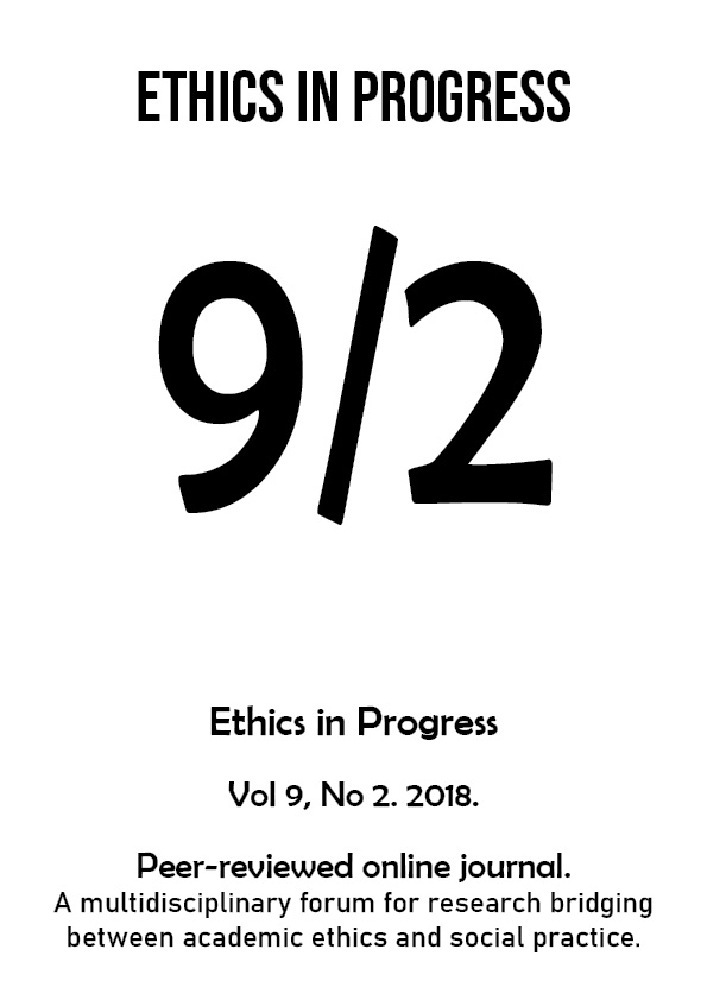Abstract
In order to find the inequalities in the life of socially vulnerable Turkish origin girls; the present research conceptualized how ethnicity and migration background deprive or enhance capabilities (opportunities) of the 2nd, 3rd and 4th generation girls with a Turkish origin living in Germany. Data for research were collected in consultation with colleagues working in the field of youth and education in the Federal State of North Rheine Westphalia. The participants were girls between the ages of 13 and 21 years residing in North Rhine Westphalia`s (NRW) socio-economically vulnerable areas.
References
Baysu G., Phalet K., & Brown R. 2011. “Dual Identity as a Two-edged Sword: Identity Threat and Minority School Performance.” Social Psychology Quarterly 74(2):121- 43.
Bowskill M., Lyons E., & Coyle A. 2007. “The Rhetoric of Acculturation: When Integration Means Assimilation.” British Journal of Social Psychology 46(4):793-813.
Christians C. G. 2011. “Ethics and Politics in Qualitative Research,” in N. K. Denzin & Y. V. Lincoln (Eds.), The Sage Handbook of Qualitative Eesearch. California: Sage Publication (61-81).
Pinar Burcu Güner97
Crul M. & Mollenkopf J. 2012. “The Second Generation,” in M. Crul & J. Mollenkopf (Eds.), The Changing Face of World Cities: Young Adult Children of Immigrants in Europe and the United States. New York: Russell Sage Foundation (3-25).
Flick U. 2014. An Introduction to Qualitative Research. London – Thousand Oaks – New Delhi – Singapore: Sage Publications.
Herzog-Punzenberger B. & Schnell P. 2012. „Die Situation mehrsprachiger Schüler/ innen im österreichischen Schulsystem–Problemlagen, Rahmenbedingungen und internationaler Vergleich“. Nationaler Bildungsbericht Österreich 2:229-68.
Lambert S. D. & Loiselle C. G. 2007. „Health Information – Seeking Behavior.“ Qualitative Health Research 17(8):1006-19.
Ministers of Education and Cultural Affairs of the Länder in the Federal Republic of Germany and the Federal Ministry of Education and Research. 2016. “Education in Germany 2016: An Indicator-based Report Including an Analysis of Education and Migration”. Retrieved from Federal Ministry of Education and Research: https://www.bmbf.de/files/6001820e_kf-englisch_barrierefrei.pdf
Nussbaum M. 2000. “Women’s Capabilities and Social Justice.” Journal of Human Development 1(2):219-47.
Robeyns I. 2005. “Sen’s Capability Approach and Gender Inequality: Selecting Relevant Capabilities,” in B. Agarwal, J. Humphries, & I. Robeyns (Eds.), Amartya Sen’s Work and Ideas: A Gender Perspective. Abingdon, Oxon: Routledge (64-94).
Schneider J. & Crul M. 2012. “Comparative Integration Context Theory: Participation and Belonging,” in M. Crul, J. Schneider, & F. Lelie (Eds.), The European Second Generation Compared: Does the Integration Context Matter? Amsterdam: Amsterdam University Press (19-38).
Sen A. 1999. Development as Freedom. Oxford – New York: Oxford University Press.
Wilpert C. 2013. “Identity Issues in the History of the Postwar Migration from Turkey to Germany.” German Politics and Society 31(2):108-31.





